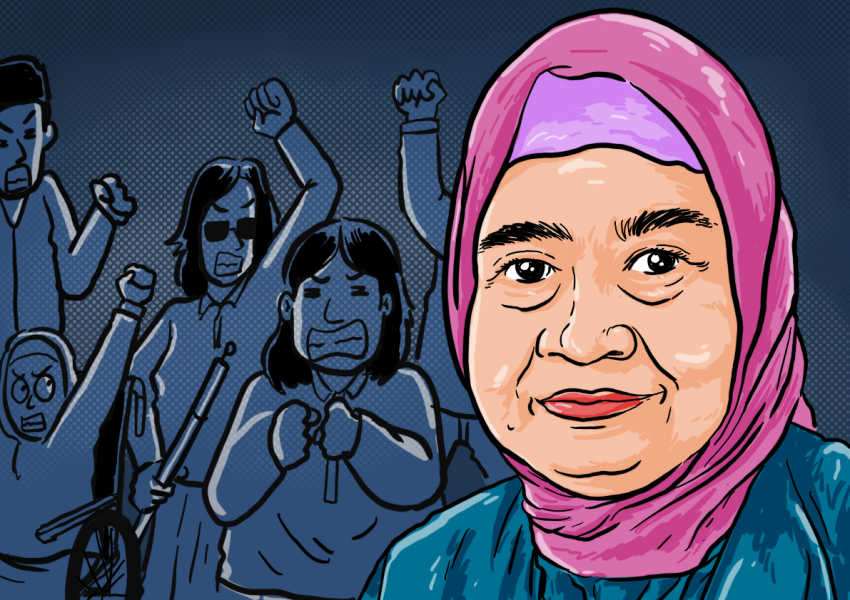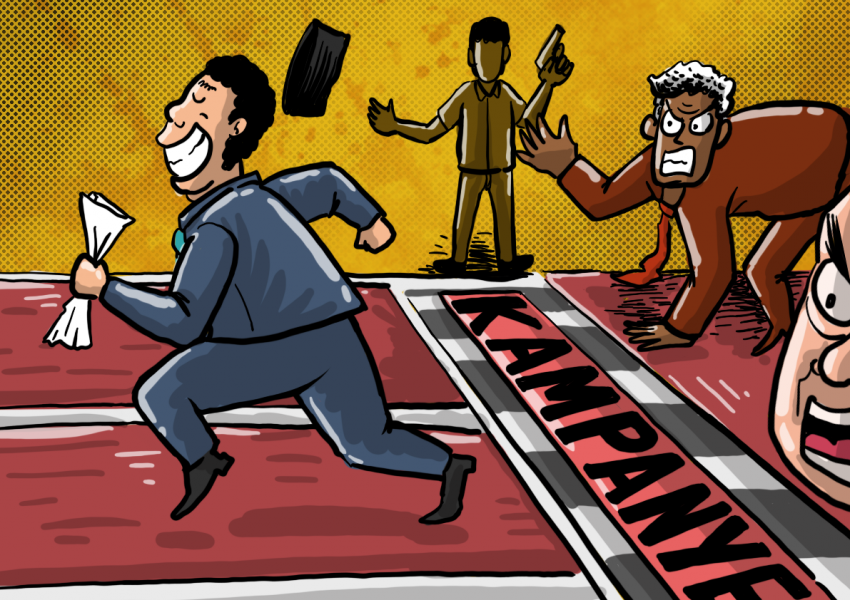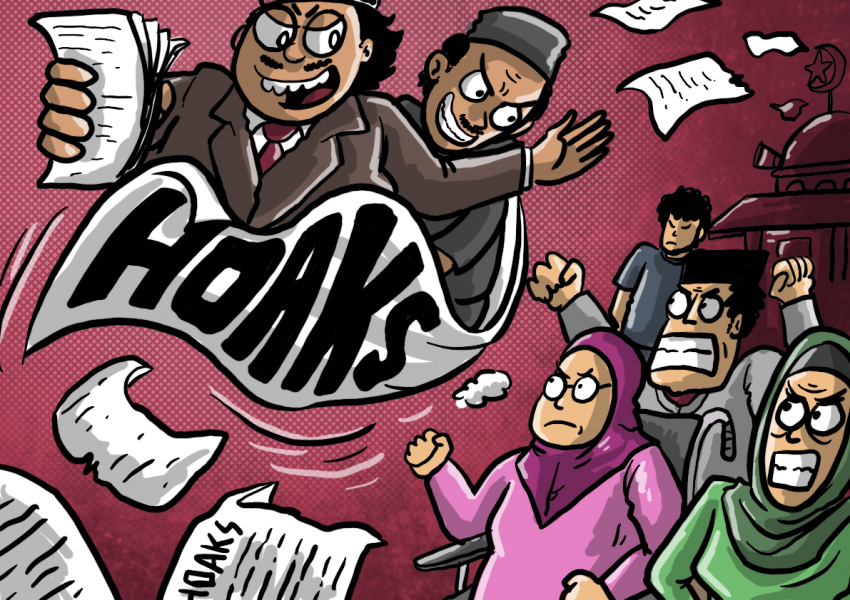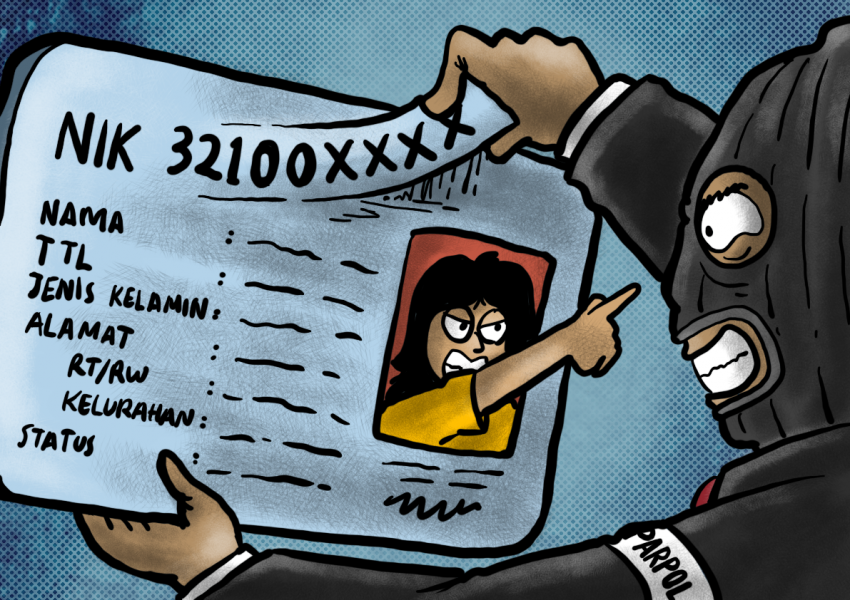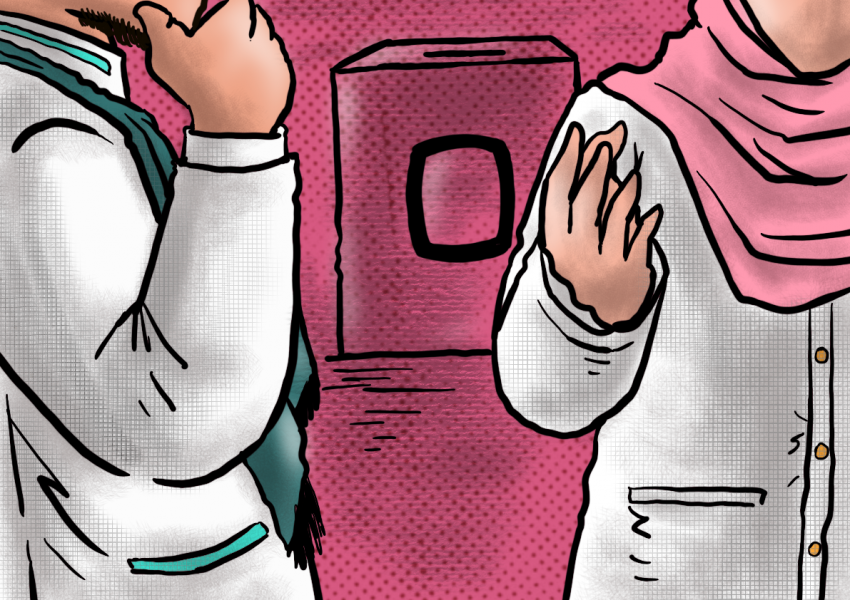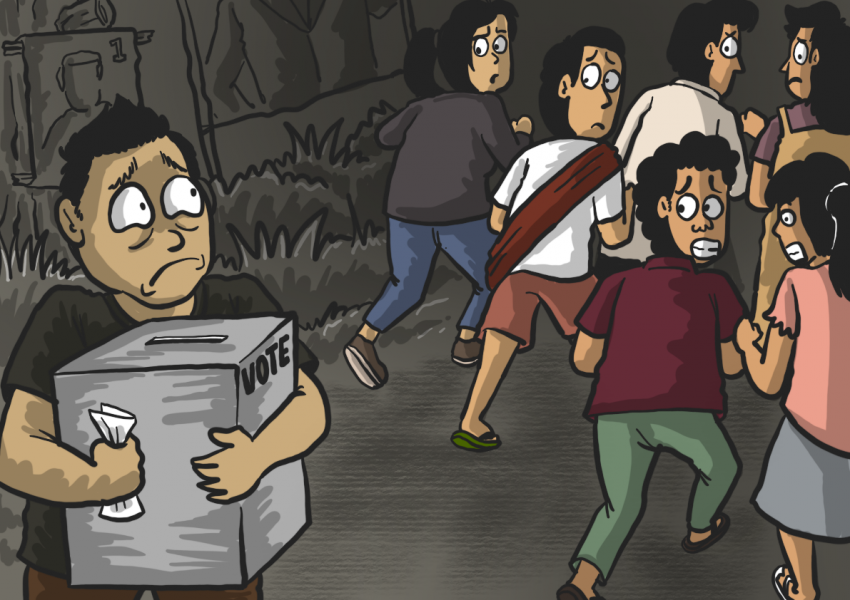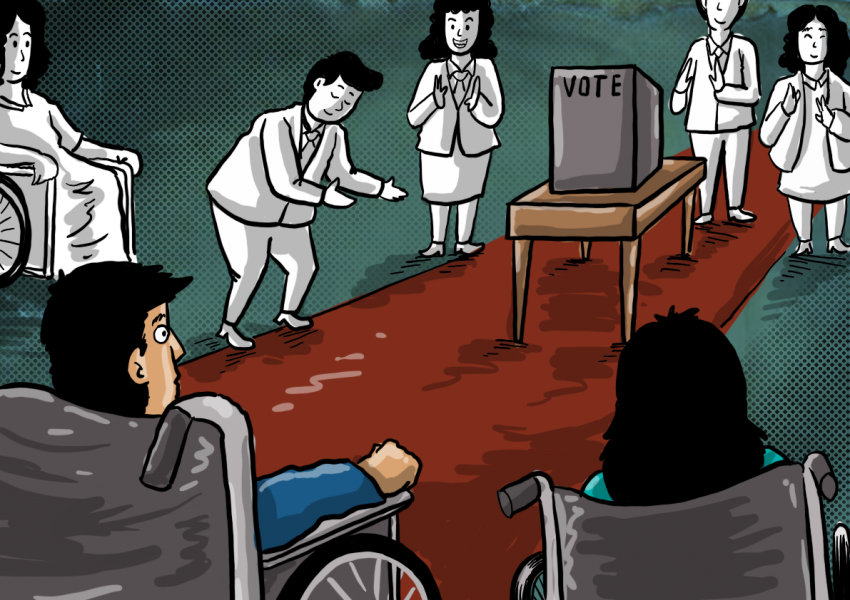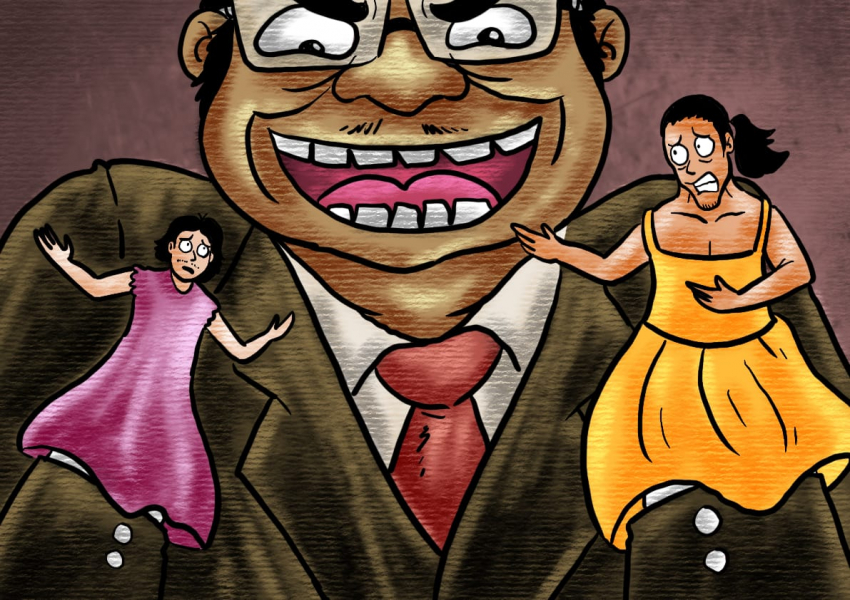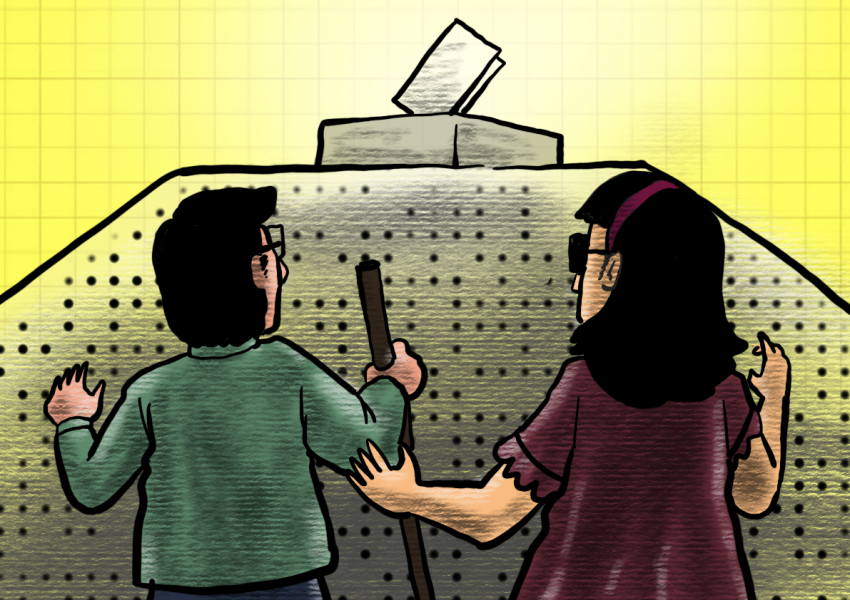
Braille Ballot for Inclusive Electoral Solutions
The Timor Leste general election still leaves problems for inclusion groups. People with disabilities are not yet being independently as a society in commonly, can choose and keep their choices private. Moreover, the blind, are completely unable to see who was chosen by those who accompany them.
"One of the big obstacles we faced when we were at the polling stations, was not being able to vote in privately because there were no ballot papers available in braille. So we are forced to ask for help from other people. This condition means, there is no privacy in our choices,” said Loyala da Costa Cruz in Floriana da Silva's citizen journalism report in online media. Neo Metin, Kamis (2/2/2023).
Director of Raes Hadomi Timor Oan (RHTO), Joaazito dos Santos said that so far people with disabilities have shown their enthusiasm. However, the state has not yet been present to ensure accessibility for them when voting. There are no ballot papers in Braille for blind people so they can vote for themselves.
"We also pay attention to the condition lack of sufficient lighting at polling stations, which makes it difficult for people with disabilities. This happened because the government or election organizers had not provided a special poll station facilities that were friendly for persons with disabilities," said Joazito. (neometin.info/2 Februari 2023/ the countrys visually impaired citizens need braille ballot papers on election day).
The Executive Director of the NGO Forum, Valentino da Costa, said that election preparations were not yet pro-disabilities. In common, their evaluation of the past presidential election can be said tend to be successful. However, the problem is that disability-friendly facilities are not sufficient.
The NGO Forum noted that in the previous election, 23 percent of voters did not participate in casting their vote, including those with disabilities. They recommended the government to prepare disability-friendly facilities, one of which is braille ballot paper. Thus, the Timor Leste elections will be more democratic and do not take away the rights of persons with disabilities.
Based on the data from the National Census of Timor Leste, the total population of Timor Leste is 1.3 million people. Out of these, 3 percent of them are persons with disabilities.
Concerning to this issue, the Director of the General Election Administration Technical Secretariat (STAE) for Timor Leste, Acelino Manuel Branco, responded that the Timor Leste election always gives the right to vote to every person over the age of 17, including those with disabilities indiscriminately.
"We won't discriminate against people based on their physical or mental condition and we don't compare them to one another. For us, elections are for everyone," said Acelino in a citizen journalism report written by Ana Ribeiro via the online media Neo Metin, Monday 6 February 2023.
According to the testimony of persons with disabilities, the government has not yet provided ballot papers in braille. So far the government has only provided political education to the citizens in general.
The National Election Commission (CNE) of Timor Leste has a program called civics education. It explains the role of political parties, the function of democracy, and the election result as a determinant factor of their future.
Meanwhile, the Timor Leste Justice and Human Rights Ombudsman (PDHJ) is committed to continuing to monitor and ensure that all citizens who already have the right to vote use their right to vote. PDHJ also ensures that there is no different treatment for persons with disabilities and other vulnerable groups.
From their monitoring, all vulnerable groups which are needed to be observed participate in political campaigns, including those with disabilities, the LGBT community, and women.
Therefore, in the next election, the government will no longer repeat the same incident every year. Braille ballots are sure to be a solution for people with disabilities in making choices according to their conscience. Their voices are no different from the voices of the common public. Everyone is the same.

